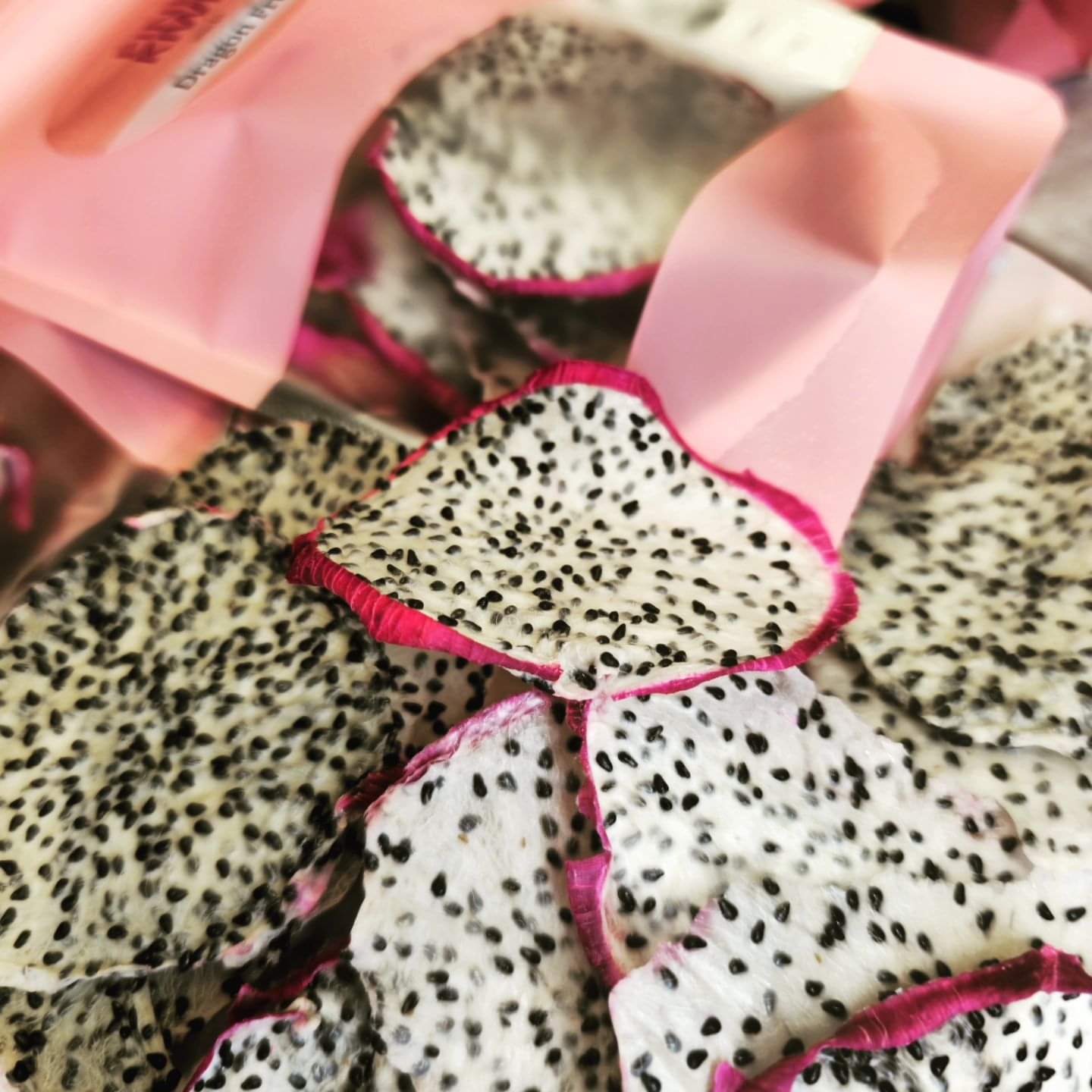
Dried fruits during cold weather.
Share
Eating more dried fruits during cold weather offers several benefits that can support your overall health and well-being during the winter months. Here’s why incorporating dried fruits into your diet is a good idea when temperatures drop:
1. High in Nutrients
Dried fruits are packed with vitamins, minerals, and antioxidants that help strengthen your immune system. For example, dried apricots are rich in vitamin A and iron, while dried figs provide a good source of calcium and fiber. These nutrients are essential during cold weather when your body may need more support to stay healthy.
2. Energy Boosting
Cold weather can lead to increased energy expenditure as your body works harder to stay warm. Dried fruits are high in natural sugars (like fructose) and carbohydrates, which provide a quick energy source. This makes them an excellent snack to keep you feeling energized and active during shorter daylight hours.
3. Rich in Fiber
Dried fruits, such as prunes, figs, persimmons and raisins, are excellent sources of fiber. Fiber helps regulate digestion and can prevent constipation, a common issue during colder months when people may not drink as much water or consume enough fresh fruits and vegetables. Fiber also keeps you feeling full longer, which can help prevent overeating during heavy, rich winter meals.
4. Improved Hydration
While dried fruits are more concentrated, they can be rehydrated and consumed in warm dishes like oatmeal, stews, or teas. This provides a hydrating element during winter, when dry indoor air and cold temperatures can contribute to dehydration. Drinking warm liquids with rehydrated dried fruits helps support hydration in a cozy way.
5. Convenient and Shelf-Stable
Dried fruits are incredibly convenient during the colder months. They don’t require refrigeration, can be stored for long periods, and are easy to carry around. This makes them a great snack option when you're stuck inside during winter or when you're out braving the cold.
6. Mood Enhancement
Winter can sometimes bring about seasonal affective disorder (SAD) or general feelings of fatigue. Dried fruits like bananas and dates contain tryptophan, a precursor to serotonin, which is known to improve mood and help with feelings of well-being. Eating dried fruits may help combat some of the emotional challenges that colder months can bring.
7. Supports Immune Function
Dried fruits like berries, goji berries, and cranberries are high in antioxidants, which help combat oxidative stress and protect cells from damage. This is especially important during winter, when we’re more susceptible to colds, flu, and other infections. The natural compounds in dried fruits can help boost immune function and reduce inflammation.
8. Natural Sweeteners for Winter Treats
During cold weather, we tend to crave warm, comforting, sweet foods. Dried fruits can be used as a natural sweetener in baked goods, smoothies, and hot beverages. They provide a healthier alternative to refined sugars and can help curb sweet cravings without the spike in blood sugar.
9. Helps with Blood Circulation
Certain dried fruits like raisins, apricots, and dates are rich in iron and potassium, which are essential for maintaining healthy blood circulation. This is particularly important during winter, when cold temperatures can constrict blood vessels and affect circulation.
10. Winter Comfort Food
Dried fruits can be incorporated into hearty, warming dishes that are perfect for cold weather, such as stews, pies, and puddings. They not only add a touch of sweetness but also offer a comforting, satisfying texture that complements rich, savory dishes.
Eating more dried fruits during cold weather helps provide a convenient, nutritious, and energy-boosting food source that supports digestion, hydration, immune health, and even mood. They are easy to incorporate into your diet and can help you stay healthy, satisfied, and energized during the winter months.

